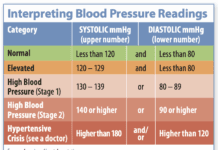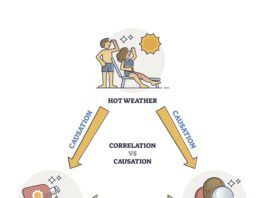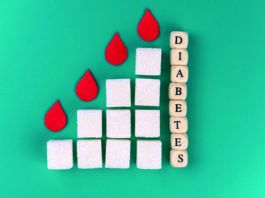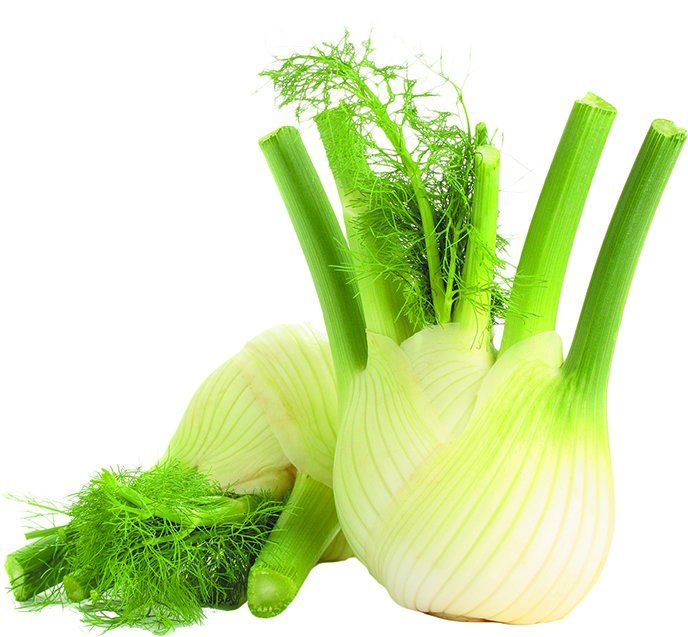Substituting Ingredients for Good Health
Not only can substitution save the day when you lack an ingredient called for in a recipe, but it also enables you to make a recipe better for you. That's helpful whether you are trying to improve your overall eating pattern or are cooking for a specific health condition.
Health Claims On Your Food
Have you read your groceries lately? Many of them tout reasons why health-minded shoppers should buy them, such as to lower cholesterol, reduce risk of osteoporosis or prevent cancer. Some sport bright red hearts claiming the products are heart healthy. But can you trust such health claims?
Diabetes Diet: What to Eat
One of the biggest challenges many people face when they find out they have diabetes is figuring out what they can eat and when. Fortunately, healthy eating when you have type 1 or type 2 diabetes (or prediabetes) isn't substantially different from how we all should eat. Diabetes-friendly meals feature the same healthy foods - whole grains, colorful non-starchy vegetables, whole fruits, lean protein, fish, low-fat dairy, nuts and healthy fats - recommended for everyone.
Mastering Portion Control
A lot of factors likely affect how much food you eat, such as how it looks and smells, how tasty it is, how filling you believe the food will be and whether you were taught to "clean your plate" when you were young. Environmental influences, such as the size of food packages, how much food youre served and social norms, can also have a big impact.
Fight Heartburn and GERD: Diet and Lifestyle Can Make a Difference
If you sometimes suffer a burning sensation behind your breastbone, you're far from alone. An estimated 44% of American adults suffer heartburn at least once a month, and about 20% have a serious form called gastroesophageal reflux disease (GERD).
Health Benefits of Whole Grains
Nutrition experts - including those advising this newsletter - have been preaching for years about the benefits of replacing refined grains in your diet with whole grains. The latest Dietary Guidelines for Americans echoed this advice, recommending limiting intake of refined grains and products made with refined grains and starches.
Your Complete Guide to Healthy Holidays
While you're celebrating the holidays this season, your body could be quietly sending out a cry for help. The period from Thanksgiving through New Years can be a disaster for your best intentions of watching what you eat and staying active.
10 Easy Steps to Help Prevent Colds and Flu
Taking early steps to protect against cold and flu through diet and lifestyle can help the flu shot fight seasonal viruses. Here are 10 simple preventative measures to boost immunity.
Are You Getting Enough Fiber?
An important nutrient for reaching old age free of disease and disability might surprise you. According to a new Australian study, it's dietary fiber - a nutrient that, by definition, you don't even digest. In its path through your body, however, fiber is associated with reduced risk of cardiovascular disease, type 2 diabetes and some cancers.
Top 10 Healthy Vegetables You May Be Missing Out On
Bored with broccoli? Had it up to here with green beans and asparagus? Seen enough carrots and peas to last a lifetime? Maybe you need to branch out a little in the produce aisle."Some often-overlooked vegetables deserve a second glance for their nutritional benefits," says Jeffrey B. Blumberg, PhD, Tufts professor and senior scientist at the HNRCA Antioxidants Research Laboratory. He and Helen M. Rasmussen, PhD, RD, a Friedman School instructor and senior research dietitian at the HNRCA, have put together a list of 10 nutritious veggies too often omitted from grocery carts.






























